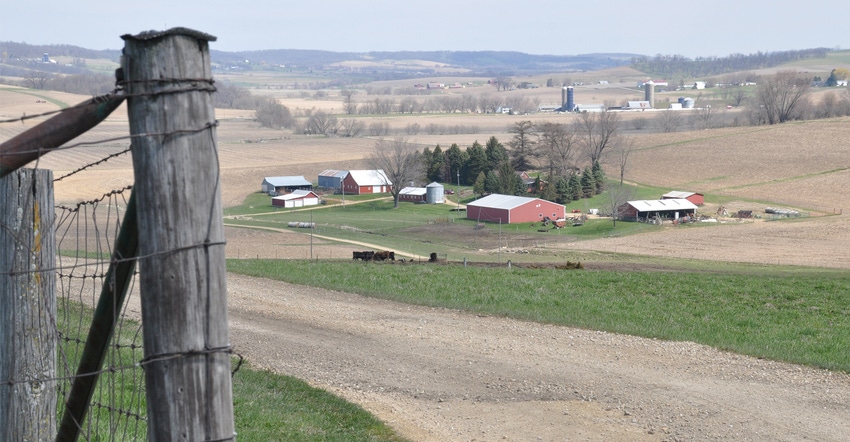January 2, 2020

I often hear people lament how “it’s harder to keep what we have than it was to make it in the first place!”
The risks they are referring to are usually one or more of these: lawsuit, divorce, nursing home and taxes. When I hear this, I often smile and ask if they would like to go back to where they started, and of course, they always say, “No thanks!” But there is some truth that can inform plans for heirs.
When you were young and starting your career, you probably didn’t worry much about catastrophic creditors, like a lawsuit from an accident. You had nothing to lose. You wouldn’t want anyone to get hurt, of course, and wouldn’t want to get sued. But pay for a larger liability policy? Why? If you really did have the accident and get sued, the insurance you had would defend you, and if the worst happened — a really big judgment — you would just resort to bankruptcy. Your financial well-being wouldn’t really change much.
When you and your spouse began life together, you probably had more debt than assets. Divorce was certainly not expected, but if the thought ever crossed your mind, you weren’t that worried about the financial repercussions since splitting what the two of you had would amount to each of you getting pretty much what you already had: next to nothing!
Similarly, while you didn’t have much to lose, you didn’t lie awake at night worried about nursing home expenses or losing your estate to estate taxes.
But somewhere along the way, a shift started to happen. You paid off a mortgage. You had some particularly successful years and laid back some of the money. You inherited a piece of ground or noticed that you didn’t have to borrow as much operating capital. A new anxiety started creeping into your life.
After paying your dues for all these years, it would be simply awful if “something happened.” If there were an accident and you were hit with a big lawsuit. If your spouse, God forbid, filed for divorce. If your health took a bad turn and you had to spend thousands every month on nursing home care. Or maybe you are fortunate enough to escape all those land mines, only to die and have the government tax large sums away from your heirs.
As hard as it was to build up an estate, sometimes it seems harder to keep it.
Locking in
In any long-term endeavor — building a retirement account, paying off the farm, waging a war or climbing a mountain — it makes sense to look for opportunities to “lock in” advances that have been made. Progress is made, and preserved, by a sort of ratcheting effect: After climbing a step higher on the mountain, we set pins to preserve our position. Then we press ahead another step or two, and lock it in. Inch a bit higher, secure our spot.
Think about this when you engage in estate planning. Once your family has accumulated something worth keeping, it would be tragic if your successors lost it to a lawsuit, divorce, nursing home bill or estate taxes. Your children must carry their own assets through those land mines, sure. But if your estate plan merely moves your assets into your successors’ hands, you will place all the family wealth back on the wrong side of the minefield. Why send all you have back through all those same risks?
Instead, lock in the family success by leaving your assets to your heirs in protective trusts. Your successors will control the assets, invest as they see fit and spend them as needed ... but the inheritance won’t be exposed to the land mines those generations will live through. The estate you carefully hand over to them in trust will be safe from a lawsuit, a divorce, catastrophic health care needs, and yes, even estate taxes that might be incurred by your successful child.
Ratchet things up a notch. Upon your death, set your estate on a higher level. Help your heirs pick up where you left off, instead of starting over where you began.
Ferguson is an attorney who owns The Estate Planning Center in Salem, Ill. Learn more at thefarmersestateplanningattorneys.com. The views expressed here do not necessarily represent the views of Farm Progress/Informa.
About the Author(s)
You May Also Like






